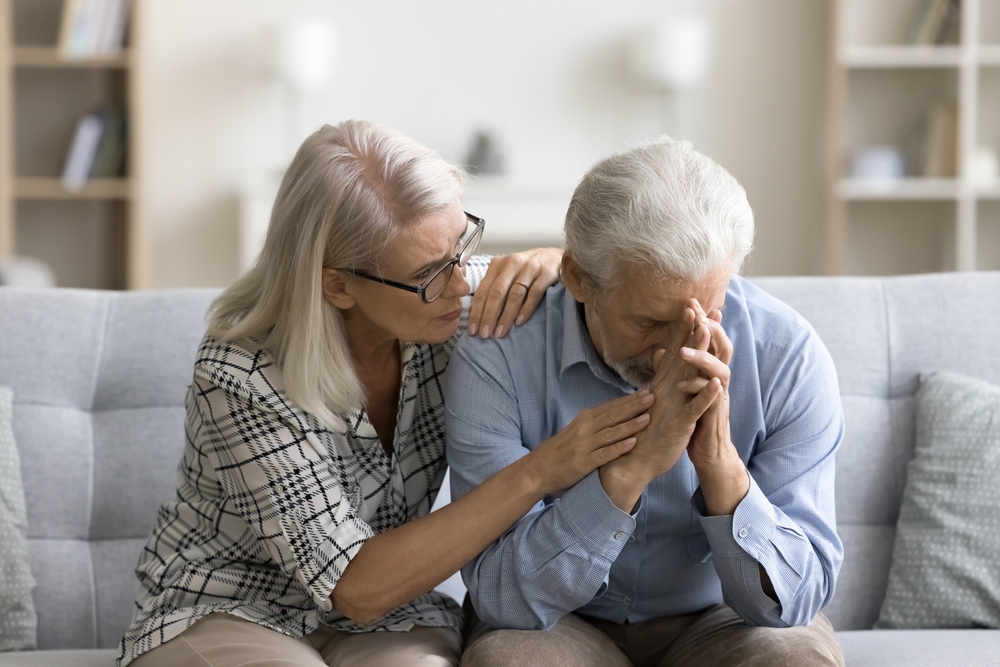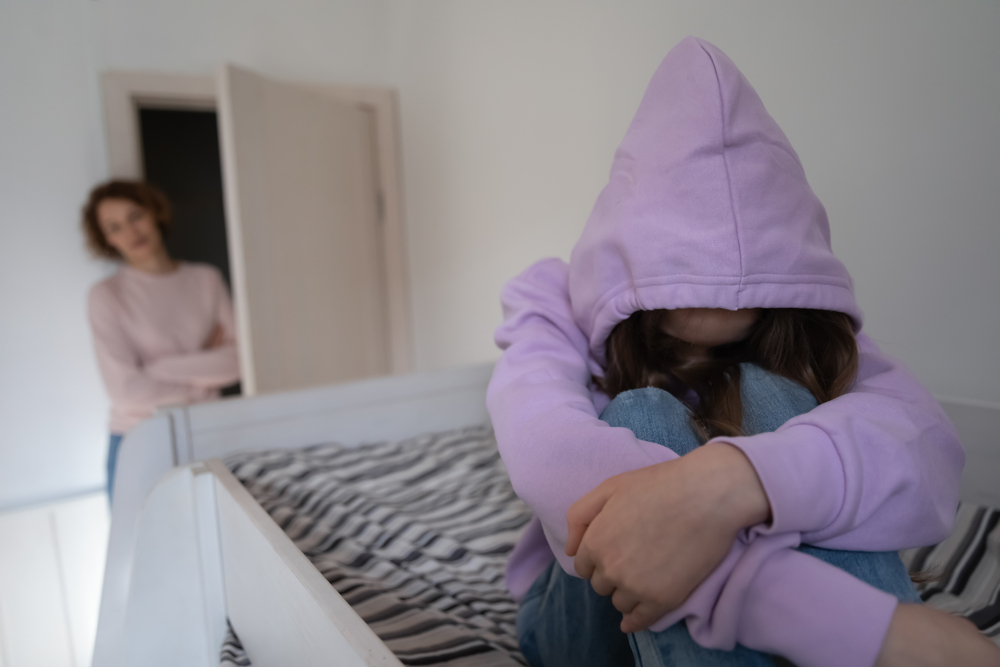Major depressive disorder is one of the most common mental health disorders in America. But it isn’t all in your head. What depression does to your body can be just as difficult to manage as the way it affects your mind. Understanding the physical symptoms of depression can help you identify episodes sooner, so you can cope.
Major Depression Affects Body and Mind
Depression is a mental health disorder. While the exact cause of depression is not clear, genetics, stress, life situations, and imbalances in brain chemicals called neurotransmitters can all affect the way express sadness, grief, and depression. However, depression affects more than just your brain. Changes in your brain’s function can have a substantial effect on your body, contributing to other preexisting physical illnesses, and triggering physical symptoms all on its own.
Find Out What Depression Does to Your Body
Talk to a psychotherapist today to see if the physical symptoms of depression are holding you back.
The Physical Symptoms of Depression
Depression may sometimes be referred to as a mood disorder, but it affects the physical body too. Some of the most common physical symptoms of depression include:
- Body aches and pains (affecting up to 2/3 of people with depression!)
- Chronic fatigue
- Insomnia (inability to sleep)
- Oversleeping
- Loss of libido (sexual interest)
- Decreased appetite
What depression does to your body may be caused by the unusual transmission and reception of neurotransmitters such as serotonin. For example, decreased serotonin can make you more sensitive to pain, and affect your sleep patterns and sex drive. Many people recognize that they are experiencing these physical symptoms, and may even seek out treatment, but their doctors may not associate them with a mental health disorder. Older adults, in particular, often express the physical symptoms of depression to their doctors, only to have them falsely attributed to other old-age conditions.
Physical Illnesses and Injury Can Make Depression Worse
Many times, physical changes in a person’s body can cause or aggravate existing depression symptoms. After receiving a major medical diagnosis or being in a serious accident, many people will experience depression symptoms as they struggle to adapt to their new physical abilities. Certain entirely natural conditions, such as childbirth or menopause, can also affect your hormones and cause temporary, post-partum depression that will benefit from treatment until your body regulates itself once again.
What Depression Does to Your Body’s Ability to Fight Physical Illness
The reverse is also true. Depression increases your risk for several physical illnesses because it increases the level of stress hormones in your body, including cortisol and adrenaline. Depression has been linked to heart disease and substance abuse. It can also affect your immune system, making you more susceptible to infection, and even making certain vaccines less effective. The insomnia caused by depression can also wear your body down, further weakening your immune system and leaving you vulnerable to illness and injury.
If you struggle with depression and then become ill (no matter the cause) the mood disorder can affect your ability to recover from that illness. You are more likely to develop complications. In addition, the mental health aspects of depression (such as lack of motivation, concentration, and memory) can make it harder to take medication and complete your treatments. In some cases, such as chronic pain, depression tends to correlate with worse outcomes and more severe symptoms.
How Improving Your Body Can Help Fight Depression
The good news is that, given how closely linked mental and physical health is, improving one can also improve the other. Many medications used in treating depression can also improve symptoms for other physical illnesses. In addition, physical activity, exercise, and improved physical health can greatly improve depression symptoms, making lows easier to manage. In fact, exercise is one of the simplest treatments for depression. Even just a brisk walk can help change the chemical balance in your brain and shift your thought patterns away from negative or depressed “spirals.”
Build a Team to Address Physical and Mental Health Depression Symptoms
If you are concerned about what depression is doing to your body, it is important to make sure your doctor and psychotherapist are working together to treat your physical and mental health. Many medications have side effects that make depression worse. Also, antidepressants and talk therapy can help reduce the physical symptoms of depression and minimize the condition’s effects on your physical health. Always tell your entire treatment team about any changes to medications or therapies. That way you will get the biggest benefit from your treatment.
David Stanislaw is a psychotherapist with over 30 years of experience. He helps adults, teens and children with depression, and other mental health concerns, individually, and as comorbid diagnoses. Contact David Stanislaw to get help today.


 6 Ways to Accommodate Your Spouse’s Anxiety
6 Ways to Accommodate Your Spouse’s Anxiety How Long Does Therapy Take?
How Long Does Therapy Take? Helping Kids Cope with Trauma and PTSD
Helping Kids Cope with Trauma and PTSD